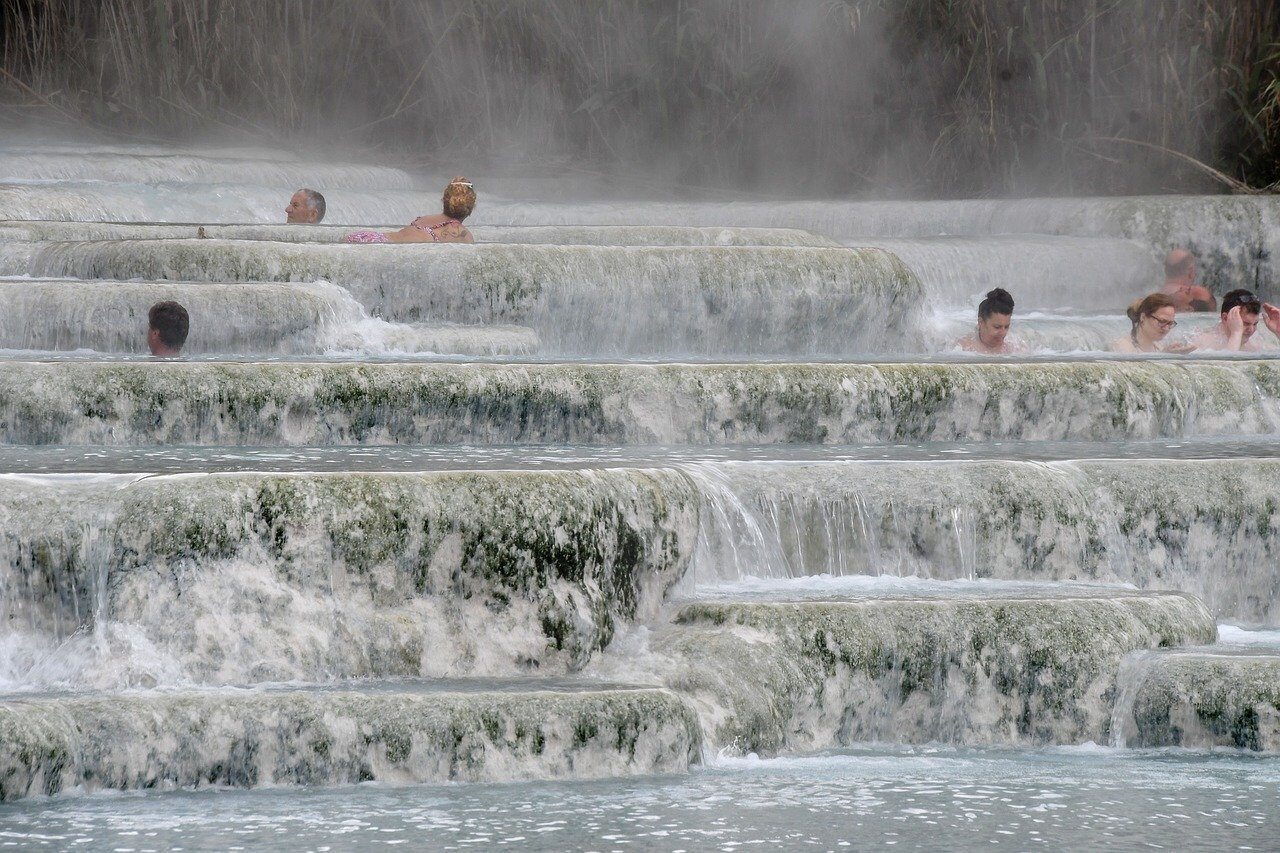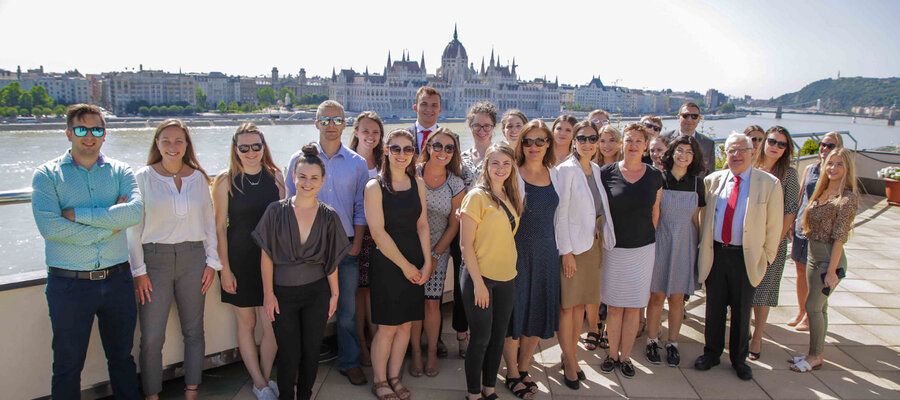Hungary has one of the largest thermal water reserves in the world

Hungary is well-known for its thermal baths. There are springs and underground reserves basically every second corner of the country. In some towns, you can even find taps that perpetually pour out artesian water for free. Therefore, it is an undeniable fact that Hungary has an abundance of thermal water reserves and other kinds of underground water.
From Magyarnemzet.hu we know that Hungary has the fifth-largest thermal water reserve in the world. This information was shared during the opening ceremony of the annual assembly of the Hungarian Balneology Association. Thermal water is also referred to as medicinal water, due to its beneficiary effects on people’s health. Thermal water is a treasure, a unique and unparalleled Hungaricum, which has immeasurable value — said Sándor Lezsák, the deputy speaker of the National Assembly.
National treasure
Lakitelek recently caught up with other renowned bathing cities such as Hajdúszoboszló, Mórahalom, Szolnok, Hévíz etc. The politician also mentioned a few specific complaints that the water of Lakitelek can be good for. However, the baths of the country are important for another reason too: tradition.
The politician went on to explain the importance of thermal water and how it is an important part of Hungarian culture. Of course, there is no speech without mentioning national tragedies like Trianon. He said that during the treaty not only two-thirds of the country was taken away, but just as many thermal baths. After the second world war, the rush for oil led to the exploration of many thermal water reserves and springs.
According to the deputy speaker, it is not just the water that heals, but also the environment. Referring to the traditionalist identity the town aims to create. Lakitelek was a significant meeting ground during the system change in Hungary, hence why it is such an important place.
Why is there so much?
In the year 2000, 150 thermal baths had operated in the country. The secret lies in the geology of the Carpathian Basin. Earth’s crust is about 10 kilometres thinner under the basin than the world average. This proximity to the magma of the Earth’s mantle helps to heat underground water in lesser depths.
According to National Geographic, there are more than 1,300 thermal springs in the country. There is not just one type of thermal water in the country either. In different locations, the water has varying mineral content. Some are salty and some are sulphurous, but every spring is different in some way. Thus, it is no surprise that wellness and spa culture had been part of the lifestyle for hundreds of years.
Source: Magyarnemzet.hu, Natrionalgeographic.com


